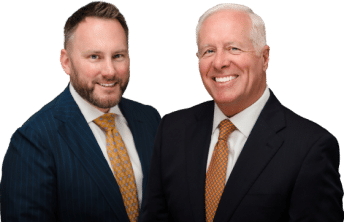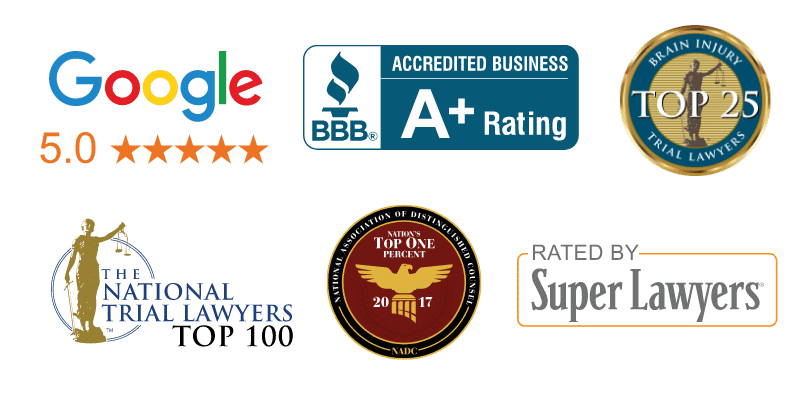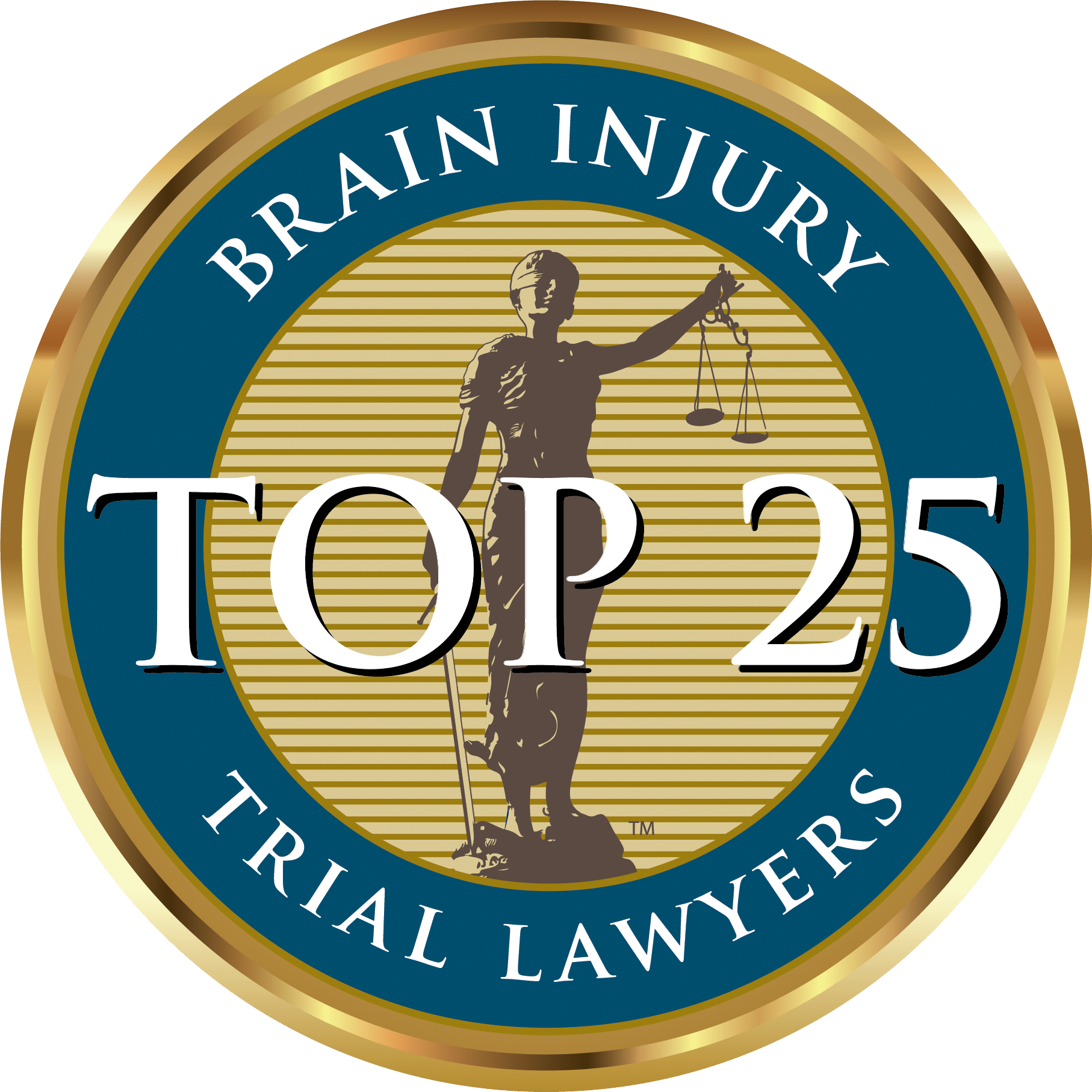Nursing Home Abuse & Neglect Lawyer in Philadelphia
- 30+ Years of Experience Helping Victims Across Pennsylvania
- We Will Never Stop Fighting For You
This page has been written and edited by a team of experienced legal writers . This page was approved by Managing Partner, Michael Saile who has more than 20 years of legal experience as a personal injury attorney.
This page has been written and edited by a team of experienced legal writers . This page was approved by Managing Partner, Michael Saile who has more than 20 years of legal experience as a personal injury attorney.
- Last Modified:
- April 8, 2025
- How Does Nursing Home Abuse or Neglect Happen in Philadelphia?
- What Are the Warning Signs of Nursing Home Abuse or Neglect?
- Do You Suspect Nursing Home Abuse or Neglect? Take These Steps Immediately.
- At Cordisco & Saile LLC, We Have the Experience to Hold the Responsible Party Accountable for Your Loved One’s Mistreatment.
How Does Nursing Home Abuse or Neglect Happen in Philadelphia?
Suffering nursing home abuse or watching it happen to a loved one is a heartbreaking experience. It targets the most vulnerable among us. Because it can be difficult to detect—and because some elderly victims are unable to understand or explain what is happening—it often happens for a long time before anyone becomes aware of it.
Nursing home abuse can take many forms, and the signs are not always obvious. Everyone with a loved one in a nursing home should be mindful of subtle clues that abuse could be taking place.
Free Case Evaluation
"*" indicates required fields
Physical Abuse
Some physical contact between caregivers and patients is inevitable and necessary. For instance, staff must restrain a patient with dementia who tries to leave the premises. It is never acceptable, however, for a caregiver to push, shove, punch, kick, or aggressively handle a nursing home resident. These acts constitute physical abuse.

We’re ready to fight for you. Take the first step towards getting the compensation you deserve.
Free Case Evaluation
"*" indicates required fields
Emotional Abuse
While emotional abuse is often difficult to recognize, it can cause great suffering for victims. This type of mistreatment might include derogatory statements, demeaning remarks, manipulation, or threats.
Neglect
Caregivers must help residents with important tasks they cannot complete on their own, such as eating, bathing, dressing, and taking prescribed medication on schedule. Failure in any such area constitutes neglect. This type of mistreatment often occurs because a facility does not employ enough staff members or lacks employees with the right skills and certifications to properly care for residents. Even if it is unintentional, we can hold the facility responsible for their neglect.
Sexual Abuse
It is difficult to imagine, but sexual abuse does occur. This can refer to actual physical assaults of a sexual nature or to unwanted sexual advances, comments, or even jokes.
Financial Abuse
Financial abuse could mean outright stealing—such as by using a patient’s credit card without permission—or it could refer to coercing a patient into giving money or purchasing things. Administrative staff could even bill a resident for services they never delivered.
This list is not exhaustive. Nursing home abuse can take many unique forms, so call us if you feel that your loved one has experienced any type of mistreatment. We can fight for their rights and help you win compensation for their damages. We strive to help victims recover all compensation for which they are eligible. No matter what form the abuse took, we will fight on your behalf.
What Are the Warning Signs of Nursing Home Abuse or Neglect?
Sadly, nursing home residents often lack the mental wherewithal to know they are being abused, taken advantage of, or neglected. Their loved ones must act as their eyes and ears in this regard. Be on the lookout for anything that might not look quite right. Some common warning signs include:
- Unexplained injuries, like broken bones, bruises, cuts, scrapes, or rashes;
- Unexplained changes in personality, including depression, anxiety, and emotional withdrawal;
- Genital trauma;
- Signs of poor physical hygiene, including uncombed hair, dirty clothes, soiled bedsheets, or an obvious lack of bathing;
- Visible discomfort or apprehension around specific caregivers;
- Frequent or untreated bedsores;
- Financial abnormalities, such as missing money or unexplained charges; and
- Unexplained medication changes.
Just remember, if something seems off, the consequences of speaking up and being wrong are nothing in comparison to staying quiet and allowing the abuse to continue. If you suspect mistreatment in any way, contact us today. We can help you take the necessary steps to protect your loved one and recover compensation to treat their injuries.
Do You Suspect Nursing Home Abuse or Neglect? Take These Steps Immediately.
If you suspect your loved one is being abused or neglected in a nursing home, take the following steps right away:
- If you think your loved one is in immediate danger, call 911 without delay;
- If you think the abuse is coming from a single caregiver or employee, talk to the owner or manager of the facility about your suspicions;
- File a report with the Pennsylvania Department of Aging; and
- Speak with a nursing home abuse and neglect lawyer in Philadelphia.
At Cordisco & Saile LLC, We Have the Experience to Hold the Responsible Party Accountable for Your Loved One's Mistreatment.
Nursing home abuse and neglect sit at the intersection of several types of law: medical malpractice, contracts, personal injury, and criminal law. That means you need a legal team skilled in all facets if you want the best chance of success.
At Cordisco & Saile LLC, we have a lengthy and successful track record of holding nursing facilities accountable for abuse and neglect. We have won big settlements for our clients and can put our resources to work for you.
Do not delay another day. Call us today at 215-642-2335 for a free consultation.
Please fill out the quick contact form below for a fast and free case consultation. We will
contact you within 24 hours!
"*" indicates required fields

Free Case Evaluation
"*" indicates required fields
Practice Areas
Locations
Results
Office






